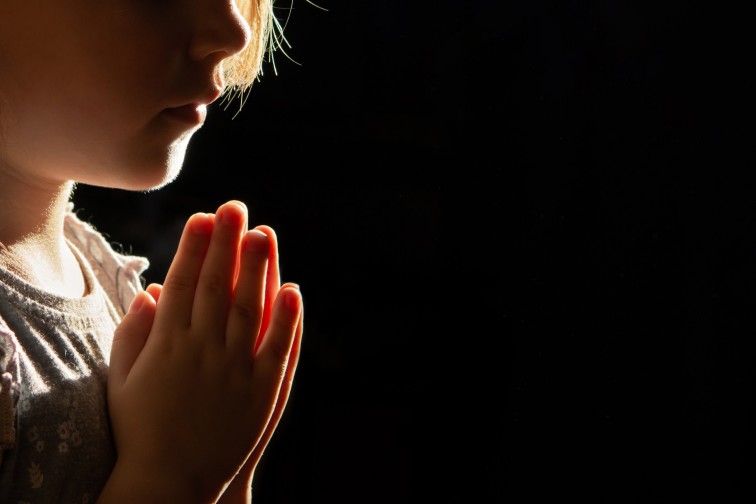
In his book “Life at the Bottom,” Dr. Theodore Dalrymple describes the common behaviors that he observes in many of his lower-class patients. Among the most apparent of these is an attitude of “dishonest fatalism”—a consistent unwillingness to accept blame.
“The knife went in,” said one patient awaiting his trial for first-degree murder. Another blamed his thieving ways on an insatiable addiction to the thrill of stealing—an addiction he expects the doctor to treat. A third insists his “head just went,” to explain away his assaulting a companion.
While Dalrymple beats me in time spent with lower-class criminals, I know just the attitude he describes. I see it all the time, and not just among the poor.
It goes like this: As human beings find themselves in dire financial, medical, social or emotional circumstances, they often cope with guilt by shifting blame from themselves to others, or even to objects. Whether the discomfort is or is not their own fault, they explain their situation in terms of how their environment is responsible for it. Unemployment is caused by greedy managers; obesity by the availability of fatty foods; divorce by unreasonable spouses; laziness by clinical depression. Whatever the problem, its cause (and solution, for that matter) is fate—someone or something beyond the victim’s control.
Dalrymple is hardly alone in noting the implications of this attitude on poverty and working-class crime. In fact, entire studies exist on the psychology of the lower class as it pertains to control over their financial future and their motivation to escape the poverty cycle.
But fatalistic thinking is not unique to the poor. In some way or another, we all pass the blame for our problems to avoid the pain of recognizing our own deficiencies. And in our era of big government, politicians are the most common scapegoat. Whether to explain unemployment, failing schools and even obesity, liberals and conservatives alike target bad policy as the prime mover behind the nation’s biggest economic and social problems.
Of course, much of this blame is deserved. Governments at every level are generally poorly-managed and financially insolvent. Officials are often short-sighted—motivated by special interests more than by their constituents’ well-being.
But blaming government can also be dangerous, as it often masks underlying personal deficiencies that only contribute to the problem at hand.
[pullquote] Bad laws make life harder, but so do vanity, sloth and even a poor diet.[/pullquote]
Take, for example, America’s student loan crisis. According to the Federal Reserve, Americans now own more than $1.2 trillion of student loan debt, prompting some economists to call the program “unsustainable.” Only 40 percent of student loan borrowers make their scheduled payments, and almost 10 percent of all loans in repayment are delinquent.
Without a doubt, government policy has only exacerbated this problem. For decades, politicians wooed young voters with lenient, low-interest student loan policies, enticing young adults to take on massive debt long before they have any stable income. Now, some even propose laws that make student loan forgiveness easier for struggling borrowers, further encouraging young adults to finance their education with borrowed cash.
But the decision to borrow money is not made by government agents, admissions counselors or the increasingly competitive job market. Yes, college tuition can be prohibitively expensive and many jobs require a degree, but acquiring debt is the sole decision of the borrower. Inability to repay indicates poor financial decisions—ones from which borrowers should learn lessons to apply to their choices in the future.
Similar examples include debates about poverty, abortion and gun control. Even as concerned citizens, we too often forget our own role in encouraging unwise choices and instead blame politicians. Like Dalrymple’s patients, we are often blind to our own faults and quick to point out the problems with everything around us, and with government most of all.
Until we shuck this habit, consider any and all government policy ineffective. There is little politicians can do to counteract bad choices on the part of their constituents. Likewise, there is always something we can do to improve our own lives, no matter how difficult the current environment.
Bad laws make life harder, but so do vanity, sloth and even a poor diet. Taking the blame when it’s yours to take is the easy first step toward improving poor circumstances—economic, political and personal alike.



